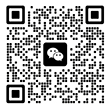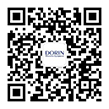Provide professional laboratory solutions and equipment support
-
Strong technical R&D team -
Experienced and excellent technology and innovative ideas -
High quality product supporting star service
400-992-8117





